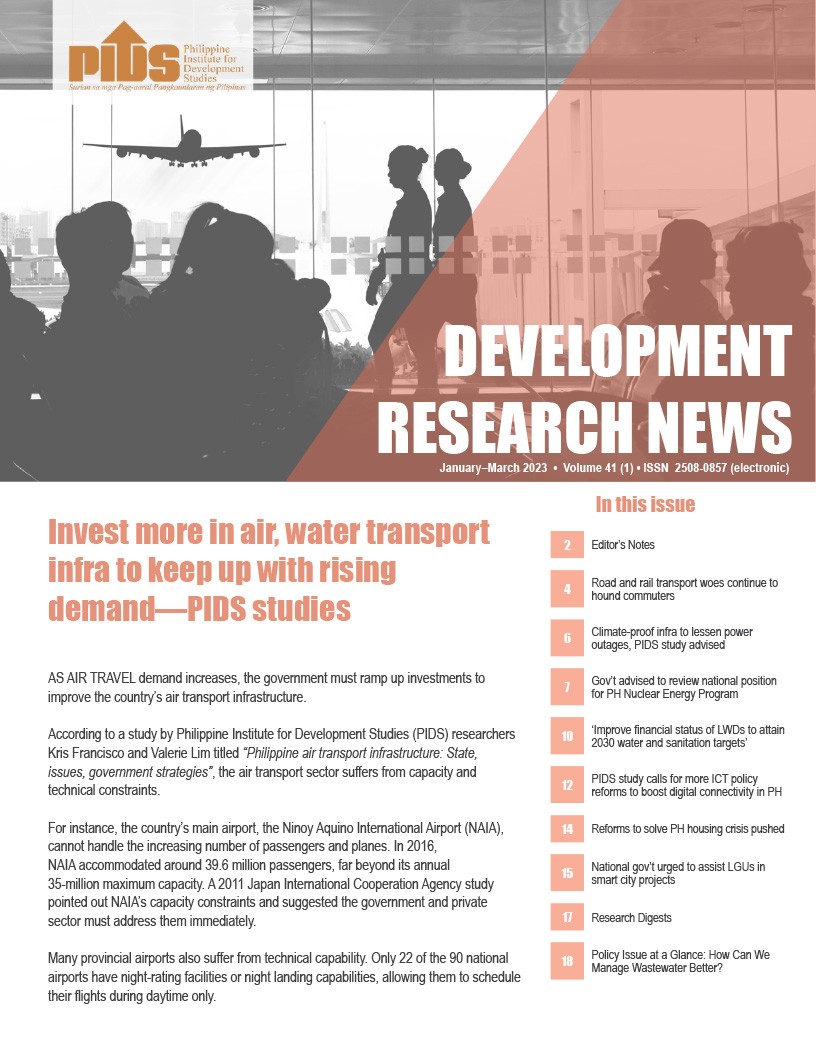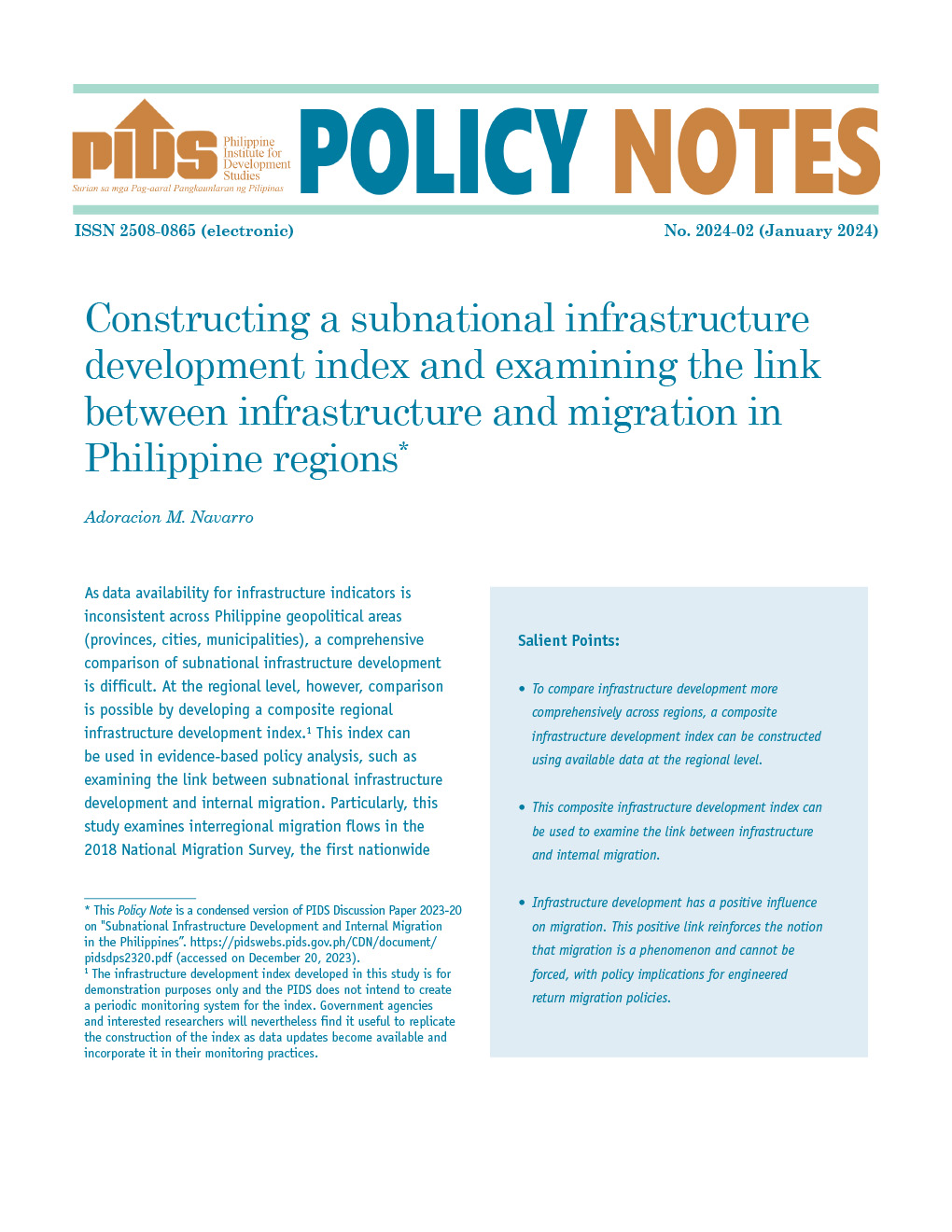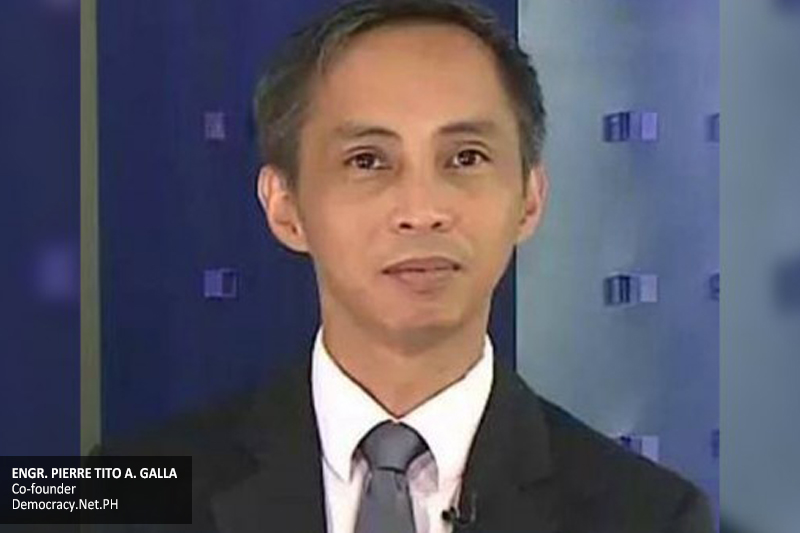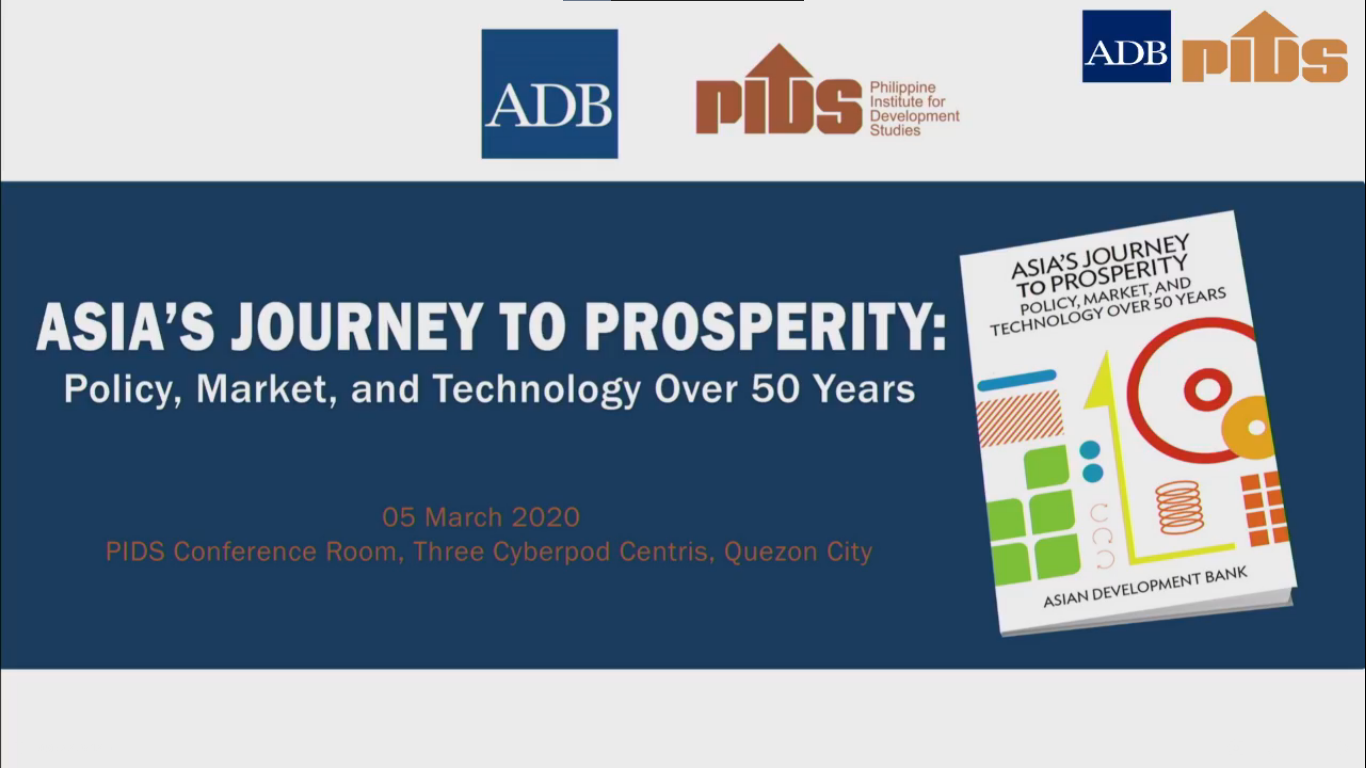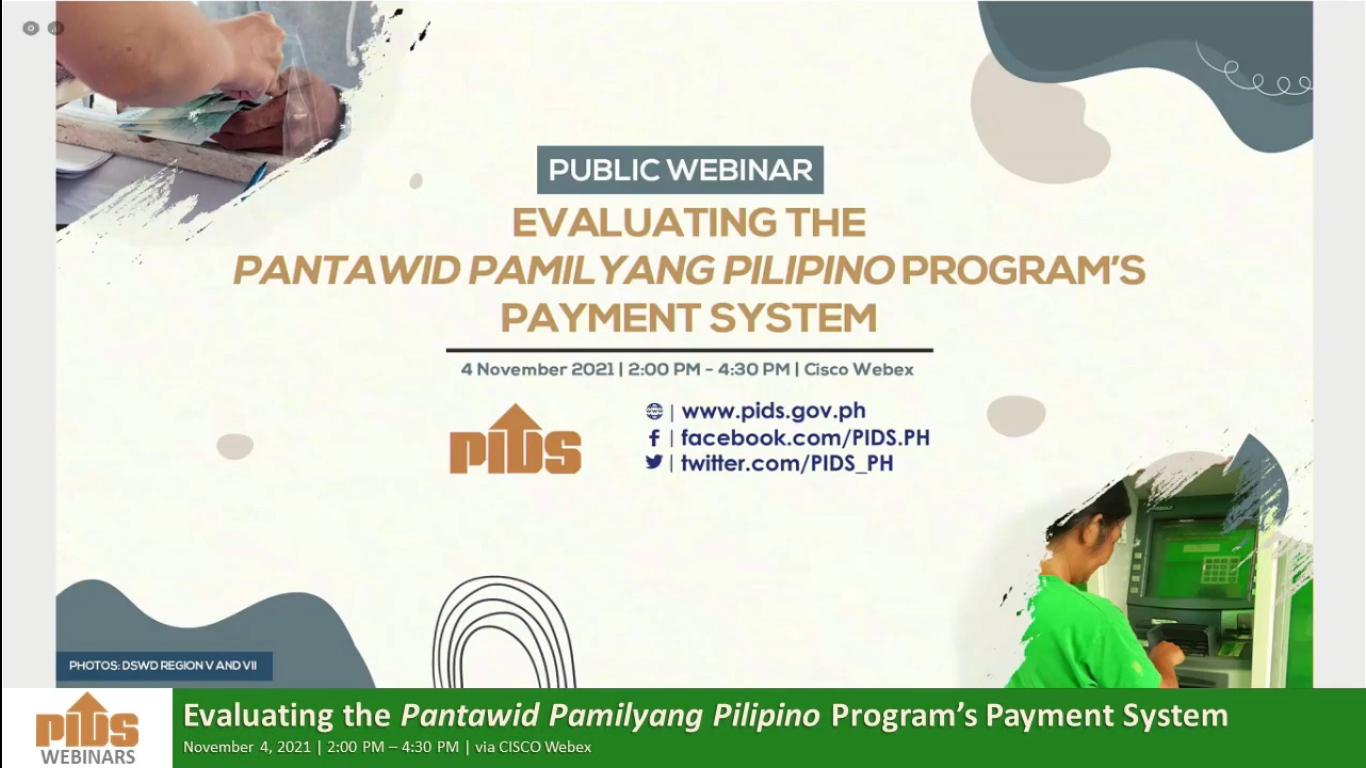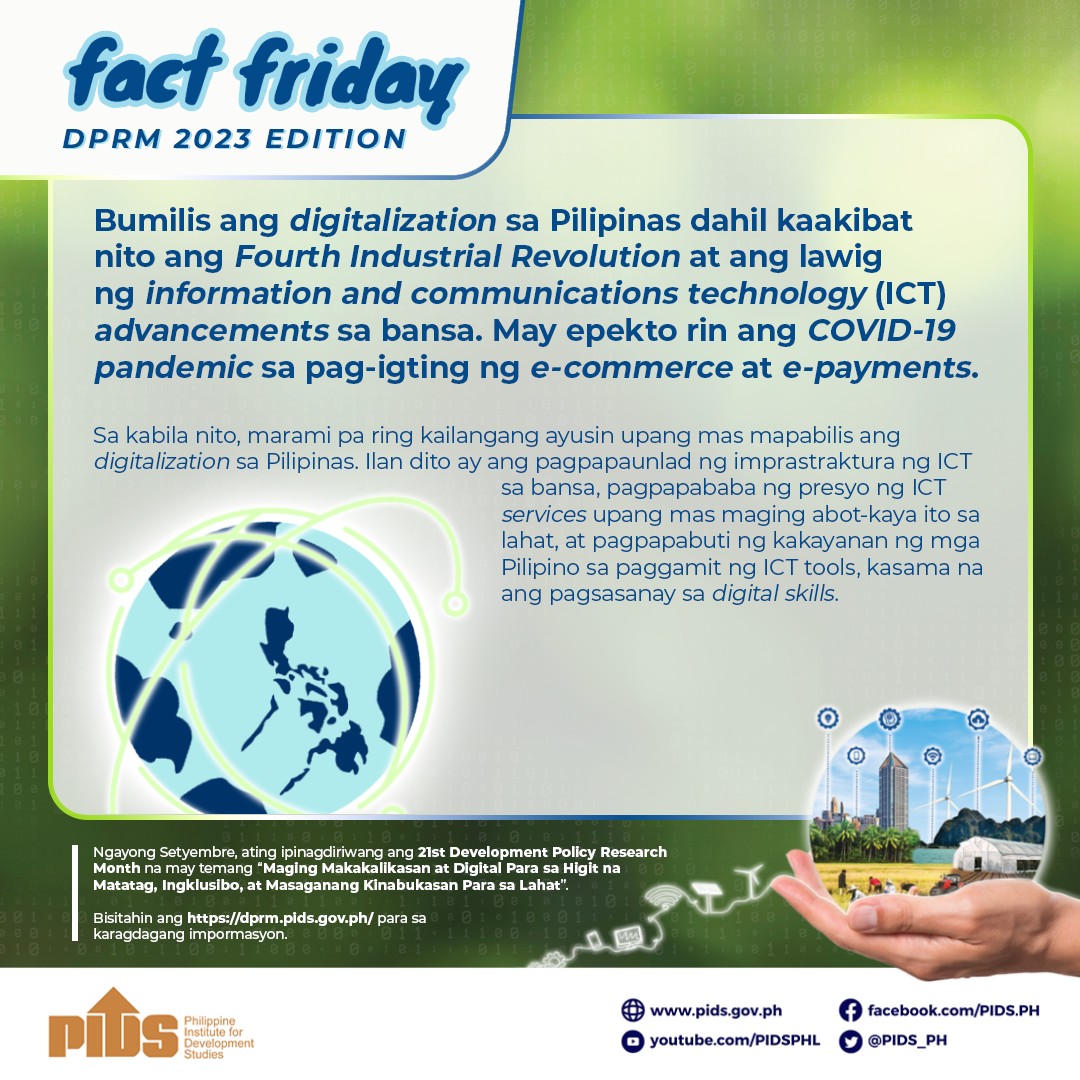PLDT and Globe went on to proceed with last tranche of the payment amounting to P13 billion for SMC’s idle telecom assets despite the commission’s request that they stop “performing any action for the consummation or implementation of the terms of the acquisition” while the Supreme Court evaluates its request to lift the injunction against its review of the transaction.
The dispute stemmed from the PLDT and Globe’s insistence that the buyout deal should be “deemed approved” upon submission of documents of the sale -- as provided by two transitory memorandum circulars the PCC issued in February last year shortly after it was established -- and the PCC’s argument that “the acquisition cannot be claimed to be ‘deemed approved’” since the telcos’ notice was “deficient and defective
The PCC said the big-ticket deal goes beyond the purchase itself and should be reviewed “through a market competition to safeguard consumer welfare over the long term.
The PCC may be fairly new and companies are still adjusting to the regulatory framework of the Philippine Competition Act, but they must strictly adhere to the law. Globe and PLDT should not be exempted,” the agency said.
WORST REGULATORY ENVIRONMENT
Meanwhile, the Philippines has one of the worst regulatory environment for telecommunications in Southeast Asia, logging in an overall rating of 52.50 out of 100 in the scoring system set by the International Telecommunications Union, state think tank Philippine Institute for Development Studies (PIDS) said in a separate statement.
This makes the Philippines the second lowest among seven Southeast Asian countries namely, Singapore, Malaysia, Thailand, Vietnam, Myanmar, and Cambodia, the PIDS said. They were assessed in terms of regulatory authority, regulatory mandate, regulatory regime, and the competition framework.
Of the four clusters, the Philippines was the weakest in regulatory regime with only 7 out of 30 points (23%). Regulatory regime covers specific regulatory interventions and the kind of targeted regulation needed to promote a healthy competitive environment.
Authors Ma. Kristina Ortiz, Ramonette Serafica, and Jose Carlos Alexis Bairan noted in their discussion paper that the Philippines does not issue unified licenses, which is considered optimal and reflects increased market liberalization in the global market.
Like Myanmar, it does not compel operators to make publicly available information about interconnection. Myanmar, however, requires quality of service monitoring but not the Philippines,” PIDS said.
Another flaw is the absence of number portability, or the ability of mobile phone users to retain their mobile number when switching from one mobile network carrier to another.
Policies that will reduce customer switching and search costs, as well as the promotion of the efficient use of facilities, embedding adequate monitoring and data reporting, and clearly specifying obligations or rules of conduct of various market players are seen as possible interventions to improve telcos in the country,” PIDS said.
Hastings Holdings, Inc. -- a unit of PLDT Beneficial Trust Fund subsidiary MediaQuest Holdings, Inc. -- maintains an interest in BusinessWorld through the Philippine Star Group, which it controls.
The dispute stemmed from the PLDT and Globe’s insistence that the buyout deal should be “deemed approved” upon submission of documents of the sale -- as provided by two transitory memorandum circulars the PCC issued in February last year shortly after it was established -- and the PCC’s argument that “the acquisition cannot be claimed to be ‘deemed approved’” since the telcos’ notice was “deficient and defective
The PCC said the big-ticket deal goes beyond the purchase itself and should be reviewed “through a market competition to safeguard consumer welfare over the long term.
The PCC may be fairly new and companies are still adjusting to the regulatory framework of the Philippine Competition Act, but they must strictly adhere to the law. Globe and PLDT should not be exempted,” the agency said.
WORST REGULATORY ENVIRONMENT
Meanwhile, the Philippines has one of the worst regulatory environment for telecommunications in Southeast Asia, logging in an overall rating of 52.50 out of 100 in the scoring system set by the International Telecommunications Union, state think tank Philippine Institute for Development Studies (PIDS) said in a separate statement.
This makes the Philippines the second lowest among seven Southeast Asian countries namely, Singapore, Malaysia, Thailand, Vietnam, Myanmar, and Cambodia, the PIDS said. They were assessed in terms of regulatory authority, regulatory mandate, regulatory regime, and the competition framework.
Of the four clusters, the Philippines was the weakest in regulatory regime with only 7 out of 30 points (23%). Regulatory regime covers specific regulatory interventions and the kind of targeted regulation needed to promote a healthy competitive environment.
Authors Ma. Kristina Ortiz, Ramonette Serafica, and Jose Carlos Alexis Bairan noted in their discussion paper that the Philippines does not issue unified licenses, which is considered optimal and reflects increased market liberalization in the global market.
Like Myanmar, it does not compel operators to make publicly available information about interconnection. Myanmar, however, requires quality of service monitoring but not the Philippines,” PIDS said.
Another flaw is the absence of number portability, or the ability of mobile phone users to retain their mobile number when switching from one mobile network carrier to another.
Policies that will reduce customer switching and search costs, as well as the promotion of the efficient use of facilities, embedding adequate monitoring and data reporting, and clearly specifying obligations or rules of conduct of various market players are seen as possible interventions to improve telcos in the country,” PIDS said.
Hastings Holdings, Inc. -- a unit of PLDT Beneficial Trust Fund subsidiary MediaQuest Holdings, Inc. -- maintains an interest in BusinessWorld through the Philippine Star Group, which it controls.

